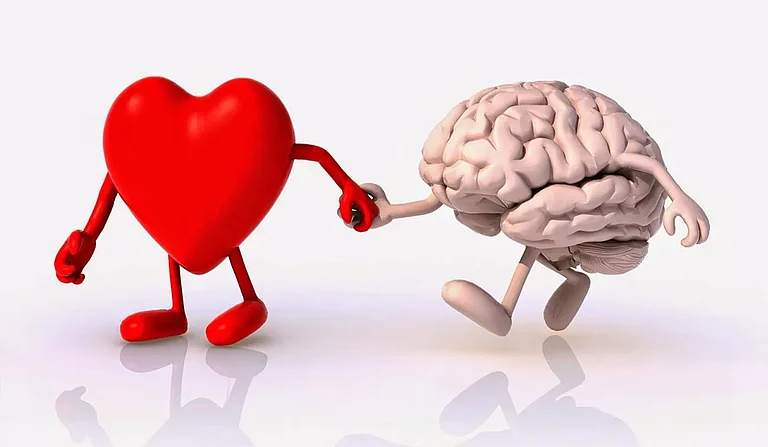Are you experiencing a burning feeling in your chest? It might be heartburn, but it could also be caused by reduced blood flow to your heart (angina) or even an actual heart attack. The signs of a heart attack, angina, and heartburn can seem very similar. Even doctors can find it hard to tell the difference just by checking you and asking about your health history. That’s why if you go to the emergency room because of chest pain, they will run tests immediately to ensure it’s not a heart attack. So, how can you tell if it’s one problem or the other?
Heartburn is discomfort or pain caused when the digestive acid backflows in your food pipe. Common signs of heartburn include:
- A burning feeling in your chest and upper belly.
- Feeling a sour taste in your mouth.
- It usually happens after eating or when you’re lying down or bending over.
- It might wake you up from sleep, mainly if you ate something close to bedtime.
- It can get better if you take antacids.
On the other hand, a heart attack usually involves sudden and heavy chest pain, making it difficult to breathe, especially when you’re active. But not all heart attacks follow this pattern. The signs and symptoms of a heart attack can be different for each person. Sometimes, heartburn can happen along with other signs of a heart attack.
Common signs of a heart attack can include:
- Pressure, tightness, or pain in your chest or arms, which can sometimes spread to your neck, jaw, or back.
- Having indigestion, heartburn, or belly pain.
- Struggling to catch your breath.
- Breaking out in a cold sweat.
- Fatigue
- Light-headedness or sudden dizziness
It is crucial to understand the distinction between heartburn and a heart attack. Both can cause chest discomfort but are quite different and need different medical assistance.
Regardless of whether chest pain is thought to be caused by indigestion, heartburn, or any other reason, it is important to seek prompt medical attention.
Issued in Public Interest by Dr.Reddy's Laboratories LTD


























